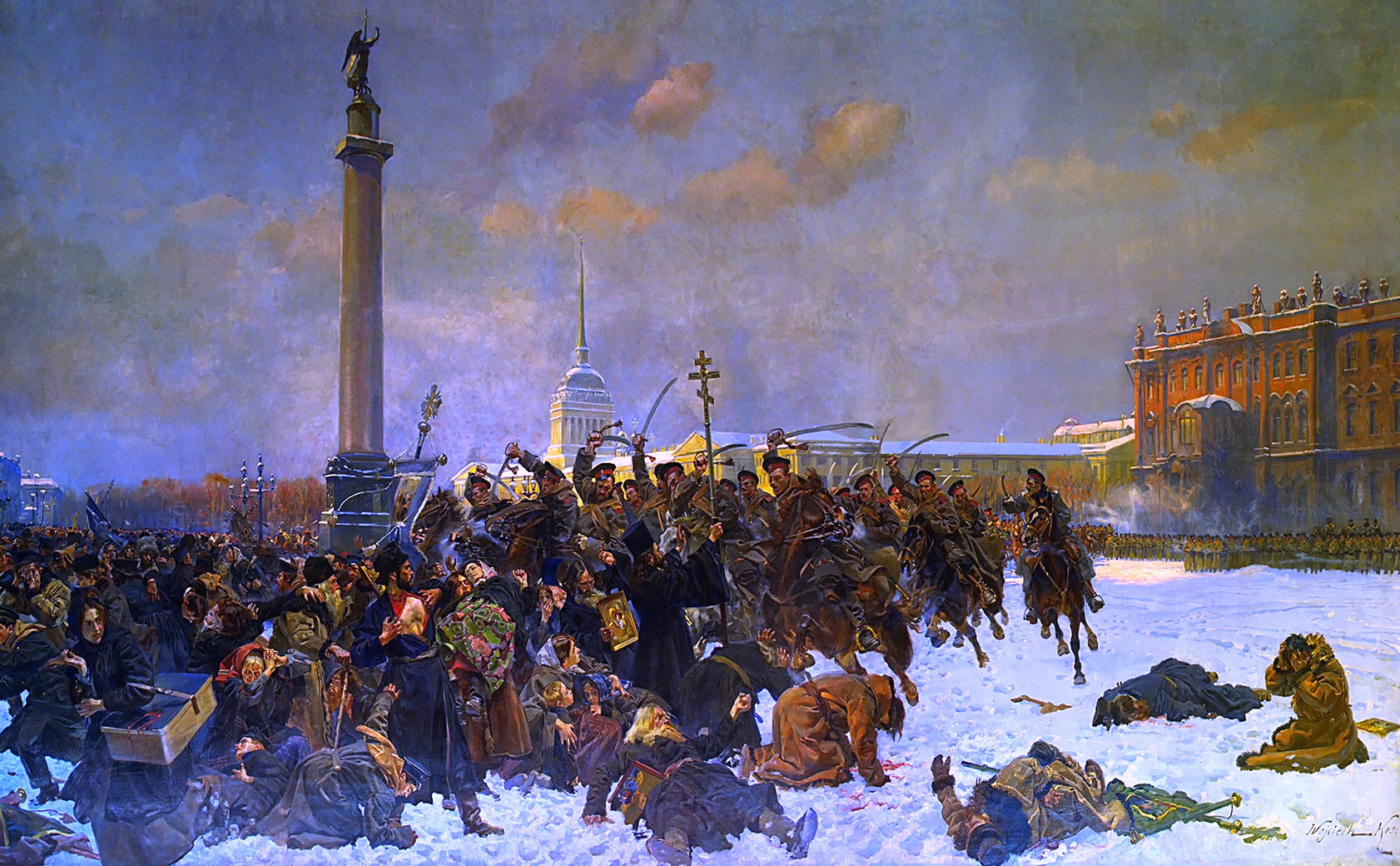Dead end of priestly socialism

In 2023, the book “The Christian Left: An Introduction to Radical Left and Socialist Christian Thought” by British religious scholar Anthony A.J. Williams was published in Russian. In this book, the author describes the many connections between socialist and Christian thought from the mid-19th century to the present day, contrasting the Christian left with both the “godless, selfish capitalism” and the “overly radical” atheistic socialism of Marx and Engels.
The strength of this book is that it is quite encyclopedic, covering the main trends of left-wing Christian thought in Britain, continental Europe, the USA, Latin America and South Africa over the past 200 years. Thus, the reader can learn that socialist and Christian ideas were preached in the 2nd half of the 19th century in Britain by Frederick Maurice and John Ludlow, who founded the magazine “Politics for the People”, and that there was close cooperation between the Anglican Church and the Labor Party in terms of promoting common ideas. Further, the reader can find out that capitalism was criticized from the left in the first half of the 20th century by such theologians as Paul Tillich and Karl Barth, who later emigrated to the United States. That the gospel was regularly cited as a source of inspiration by American labor leader Eugene Debs, who ran for president of the United States five times. That the theology of the Roman Catholic Church gradually drifted from the middle of the 19th century towards the recognition of socialist ideas, and in Latin America it took shape in the form of liberation theology. That Martin Luther King and many other American and South African politicians used evangelical ideas to justify their fight against racism, while many Western feminists seek to use the Bible to argue for the need to fight for women’s rights. In a word, from the book the reader will be able to learn many names of figures who in one way or another referred to Christian dogmas to justify moderate socialist transformations — in the spirit of those to which priest Gapon called in our country more than a hundred years ago, and today Mr. Zyuganov and the party he leads, the Communist Party of the Russian Federation. This is where the advantages of the book end and the disadvantages begin.
The fact is that while proclaiming a certain spiritual unity of socialist and Christian ideas, the author completely ignores criticism of Christian and religious ideas in general as not corresponding to reality. The criticism of Marx and Engels is given in the form of several phrases — and it is further postulated that for a non-Marxist there is no reason to agree with Marx’s theses that “Christian Socialism is but the holy water with which the priest consecrates the heart-burnings of the aristocrat.” (Quote from Communist Manifesto), that ”Religion is opium of the people” and so on. Indeed, we have absolutely no reason to agree with the ideas of Marxist atheistic socialism, except for the logic and facts that support it.
What is Christian socialism, what is its reason? If it is true, then it is a teaching that the trinity god personally dictated to his prophets and apostles — and can confirm it if necessary. If Marx and Engels are right, then Christianity in general and Christian socialism are a human invention, which misguided people attributed to transcendent forces to give greater authority.

The facts favor the second viewpoint. The Christian and other gods never open portals in television studios and do not talk openly in front of video cameras, do not express their views in human language and do not perform socially beneficial miracles. A Russian folk proverb says: “A quitter and a god are brothers—they both do nothing.” Indeed: given the enormous amount of suffering in the world, an omnipotent, omniscient and good God would have taken care of their elimination long time ago. However, in reality, any existing government, usually consisting of incompetent and corrupt officials, does more good for the people than the Christian God. Not to mention the fact that real liberation for the masses has always been brought not by sermons or repentance, but by the struggle for the expropriation of church and capitalist wealth acquired through the exploitation and deception of the working people.
Let us now take the so-called Holy Scripture — can it be an authority for modern man? According generally accepted Documentary hypothesis that the Pentateuch of Moses was written by four different groups of authors in different eras: the Jahwist, Elohist, Deuteronomist, and Priestly sources. It was not dictated by God to the legendary Moses, who may never have existed. If the author of the Bible was God, then why at the beginning of the book of Genesis do we read an implausible legend about the creation of the world in six days, and not the story of the Big Bang, the emergence of elementary particles and fundamental interactions: strong, weak, electromagnetic and gravitational? What to do with the monstrous bloodthirstiness and militant ignorance of the biblical God? Having planted the tree of knowledge in the Garden of Eden, he forbids Adam and Eve to eat its fruit. But logically, he should have, on the contrary, ordered them to eat as much of these fruits as possible, since knowledge is good. Next, what are the senseless and bloodthirsty myths about the global flood and the construction of the Tower of Babel? God, instead of enlightening humanity, exterminates it, and then disorganizes large socially useful construction. In the myth of the Exodus, God behaves even worse: he himself hardens the heart of Pharaoh so that he would not let the Jews go — and he himself punishes the unfortunate Egyptians for this! There is no logic or mercy here.
Mr. Williams refers to the so-called “canticle of the Virgin”, which, according to a certain British Anglo-Catholic Stuart Headlam, is a “hymn to the universal revolution” and “Marseillaise of humanity.” However, such a comparison is a mockery of common sense. After all, the reason for this “hymn” was that an allegedly immaterial god somehow miraculously inseminated Mary, and she conceived the baby Jesus. Messrs. Williams and Headlam are adults man and they should understand that insemination is the process of fusion of male and female reproductive cells produced by the male and female reproductive organs. How the immaterial god grew testicles and a penis in order to inseminate Mary, the Bible, and with it the gentlemens, are bashfully silent. The reason for this silence is obviously that they either take the readers for fools, or they themselves are such.
Whoever believes in gods in heaven will forever be a slave on earth.
One could go on for a long time enumerating these and other nonsense of the Christian doctrine in general and Christian socialism in particular, in order to show the obvious futility of the ideological synthesis between Christianity and socialism. Another thing is important: with the growth of education in Western countries, Christianity and other ideological delusions are becoming less and less compatible with generally accepted cultural norms. Western, like Russian youth, believe less and less in biblical myths, gradually coming to a scientific and socialist, rather than religious, worldview.
Whereas in Russia and the post-Soviet space, religious socialism was basically ended more than a hundred years ago, and even before the start of the October Revolution. I mean the events of Bloody Sunday, which began the Revolution of 1905. At that time, Marxist socialism was banned by tsarist censorship, but many religious leaders, in alliance with the secret police, sought to control the labor movement. The most prominent figure of the Christian socialists of that time was priest Georgy Gapon. Who in January 1905, at the head of a labor demonstration of many thousands people, with banners and icons, went to ask the Tsar for an 8-hour working day. In response, the tsarist government responded to the demonstrators with machine-gun fire, and the Cossacks flogged those who fled with swords. This is where the popular faith in Christian socialism in Russia ended and will not be revived.
Whereas in Britain, the USA and a number of other countries, remnants of Gaponism have survived to this day — coelacanths of class struggle, originally from the 19th century. Thus, for the Russian-speaking reader, Mr. Williams' book may be of interest as a window into a long-forgotten past, preserved by chance in Europe and a number of former European colonies. And our review may be useful to those Western comrades who still harbor illusions about the possibility of religious socialism in the modern world.
